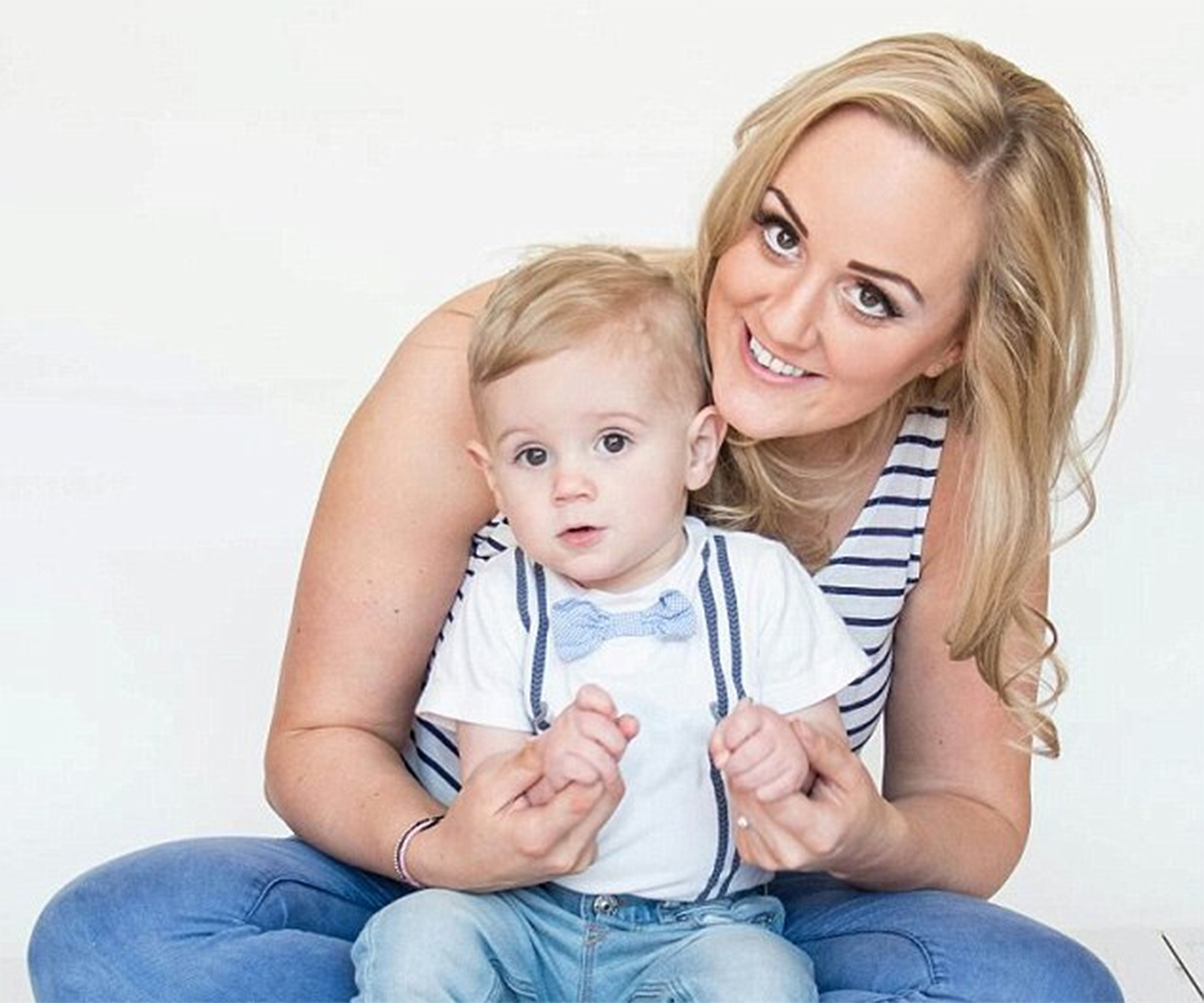On May 1, 2017, women across Australia will no longer be able to get a Pap smear test. This is because the Department of Health are introducing a new method of early cervical cancer detection: the National Cervical Screening Program.
From next year onwards, Australian women above the age of 25 will be urged to get a cervical cancer screening once every five years, in place of the every-two-year Pap smear.
But what’s the difference between a Pap smear test and a Cervical Cancer Screening? Why is there such a big time disparity between screenings? We asked Dr Vanessa King, an obstetrician and gynaecologist at Melbourne City Obstetrics & Gynaecology, and Dr Dasha Fielder of Sapphire Family Medical Practice in Bondi Junction, for all the answers.
What does the cervical cancer screening involve?
Dr King says that the new cervical cancer screening program will involve doing a test every five years that firstly looks for HPV – the cause of changes in the cells of the cervix that can turn into cancer over many years.
“If the HPV test is positive, doctors will then be able to look at the cells on the same sample to see if there are any changes,” she explains.
“Depending on the type of HPV detected, and if there are any cell changes, a woman may then be recommended to attend a gynaecologist for a colposcopy (a more thourough examination of the cervix) or advised to repeat the test in one year’s time.”
Why is this important?
Dr King stresses that this particular screening aims to identify cervical cancer and stop it in its tracks while it’s in its pre-cancerous stage.
“HPV infection is the first stage of cervical cancer, so the new screening is detecting those at risk earlier and not having to screen as often,” she says.
Why is the Pap smear test changing?
According to Dr Fielder, what women need to know is that the actual test, and the way doctors collect it, will be the same, so we don’t need to worry about how we will be tested.
“The only difference is how we process that test, so instead of simply looking at the cells, we will be looking for the HPV virus,” she explains.
“The [Cervical Cancer Screening] is a superior test, which we haven’t been doing because of the expense. Now, if you wanted to have the HPV test done, you can have it, but it’s very costly, so we’re not currently doing it unless you have had a high-grade abnormality in the past.”
Is there a price difference?
From what Dr Fielder understands, the government will be funding the test.
“As far as I know, there shouldn’t be any out-of-pocket expense for the patient.”
Is waiting five years between tests risky?
As Dr Fielder asserts, the reason this screening is now moving to a five-year check-up time is very much evidence-based.
“We haven’t just decided to do it every five years,” she says. “The reason it’s changed is due to studies showing that because we are vaccinating women and men, and boys and girls at school, we are seeing a lot less of this virus.”
“Basically, we are seeing that the virus and abnormal Pap smears are on the decline, and because we are now offering a much more superior test – and that is the HPV DNA test – if you come back negative for that, your chance of developing an abnormal Pap smear in less than five years is very low.”
“According to studies, 80 per cent of women will have HPV at some time in their lives, and most types of HPV do not cause any problems,’ Dr King adds.
“Two-yearly screenings often doprovide a good opportunity to screen women for other things, such as STIs and breast checks; doctors will need to think of these things when women present other problems.”
What if I am 25 and sexually active… can I get tested?
“The screening is no longer offered to women under 25 routinely,” Dr Fielder confirms.
“It can be offered, but we have to have a reason. For example, if a woman has had a very early sexual activity or who has been sexually active from a young age, or in circumstances when a woman has experienced sexual abuse, but I think the test can be offered to any woman who is worried, but it would be an issue of Medicare funding.”
“Every woman is entitled to have a conversation with their GP, and is absolutely entitled to have more testing if she has her own circumstances, or if she is willing to pay for more frequent testing.”
If you want to learn more about the Cervical Cancer Screening, contact your local GP or gynaecologist.


